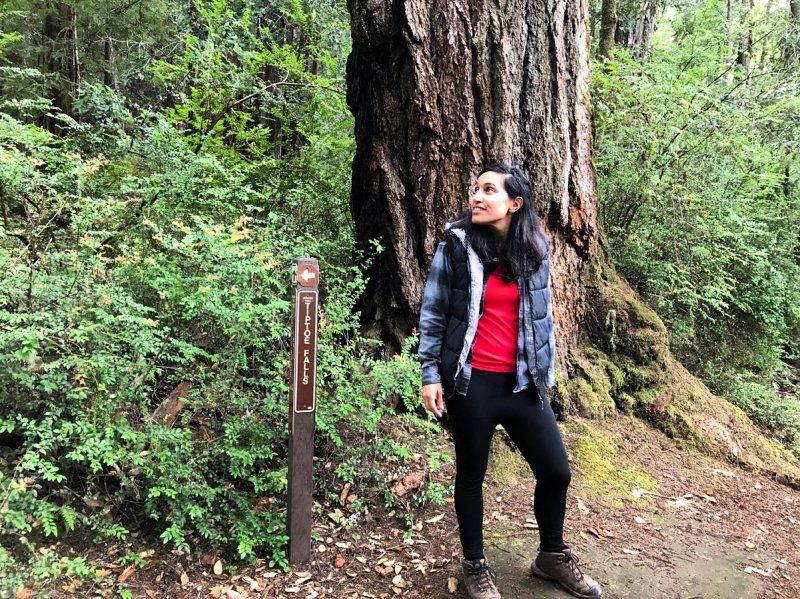Creating Regenerative Livelihoods: A GaiaU Blueprint for Buen Vivir
[vc_row][vc_column][vc_single_image image=”25616″ img_size=”full” alignment=”center”][/vc_column][/vc_row][vc_row][vc_column][vc_column_text]A renewed vision of Buen Vivir (“Living Well”) has attained prominence in recent years due to the sustained efforts and leadership of Indigenous Peoples in the Andean states of Ecuador and Bolivia, where the principle was declared in their respective legal systems just over a decade ago. This vision stems from the worldview of the Quechua People of the Andes, and denotes the fullness of life, rooted in community and harmony with other people and nature.
At Gaia University, we embrace this vision and are always working to integrate it into our curriculum and institutional practices. Our educational programs are designed with the goal of helping students achieve buen vivir, by providing guidance through the process of creating regenerative livelihoods according to the goals, ideas, and priorities specific to your context.[/vc_column_text][/vc_column][/vc_row][vc_row][vc_column][vc_single_image image=”25599″ img_size=”full” add_caption=”yes” alignment=”center”][/vc_column][/vc_row][vc_row][vc_column][vc_column_text]Like Buen Vivir, the concept of a regenerative livelihood embraces the human being in their wholeness, as a person who is nested within an ecosystem, community, household, bioregion, and so on. A livelihood is more than a job or a career, yet it flexibly includes both of these elements as necessary to tackle head-on those aspects of business and finance which can facilitate or obstruct the regenerative work our planet and communities so urgently need.
What climate science and ecology more broadly have undeniably shown us is that we are collectively, as a planet, undergoing a period of unprecedented change. As long as the dominant and environmentally destructive capitalist paradigm of work and relating to the Earth continues to hold sway, this process is becoming increasingly violent. Naturally, millions of people around the world have responded to these crises by seeking to carve out niches in our own lives and communities for regenerative work, striving as we can towards a just transition.
Yet what is too often missing is the ability to fully embrace this transition in our own lives by making ecosocial regeneration more than something we pursue at the margins of our lives when we can afford to, but a commitment whose urgency we can honor as our full-time work.[/vc_column_text][/vc_column][/vc_row][vc_row][vc_column][vc_single_image image=”25609″ img_size=”400×400″ add_caption=”yes” alignment=”center”][/vc_column][/vc_row][vc_row][vc_column][vc_column_text]In line with the concept of Buen Vivir, the path to achieving such a transition will look different for everyone. It depends not only on our innate dispositions and skills as individuals, but also our community relationships and world context. The goal of Gaia U’s educational programs is to intervene in this process in an iterative fashion, drawing on the experience, expertise, and the guidance of our teachers and networks to help you create your own path towards making ecosocial regeneration a full-time commitment in your life: capable of supporting you, your family, and your community both financially and holistically.
Our programs in ecosocial design break down this process in depth to help you perceive and seize the opportunities for transition in your own life, and have the community and educational support you need to overcome the challenges which such a transition can entail. In doing so, we are concerned not only with individual regenerative livelihoods but also with developing collective regenerative livelihoods, exploring how your community is your wealth and how you can build your community’s wealth.
By creating regenerative livelihoods, we are not only building a foundation for our own lives, we are equipping ourselves with the tools that are necessary to create these opportunities for others within our communities and leave a lasting inheritance for future generations. Guided by the vision of Buen Vivir, creating a regenerative livelihood is capable of realizing the ideal of self-sufficiency within the whole expanded context of the human self: from the person, to the community, to the planet.[/vc_column_text][/vc_column][/vc_row]

